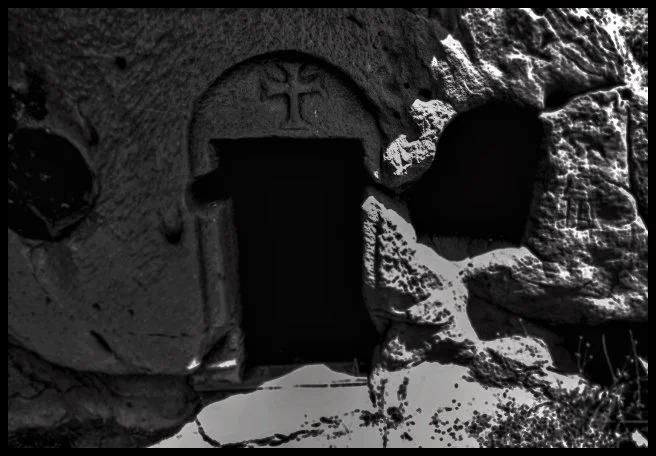May 26th is Georgia's Independence Day celebration, though it doesn’t commemorate the event you might think, i.e. the country's liberation from the Soviet Union on April 9th, 1991. Instead, it celebrates the first liberation from Russia in 1918, a result of the Russian Civil War. Freedom was short-lived. The Red Army marched on Tbilisi in 1921. The U.S.S.R is no more. The Cold War is dead. Someone should’ve told the Kremlin.
I’m no geopolitical wonk, but allow me to summarize. After the U.S.S.R fell, Georgia, along with the Soviet republics under Russia’s control, declared independence in 1991…
Read More





